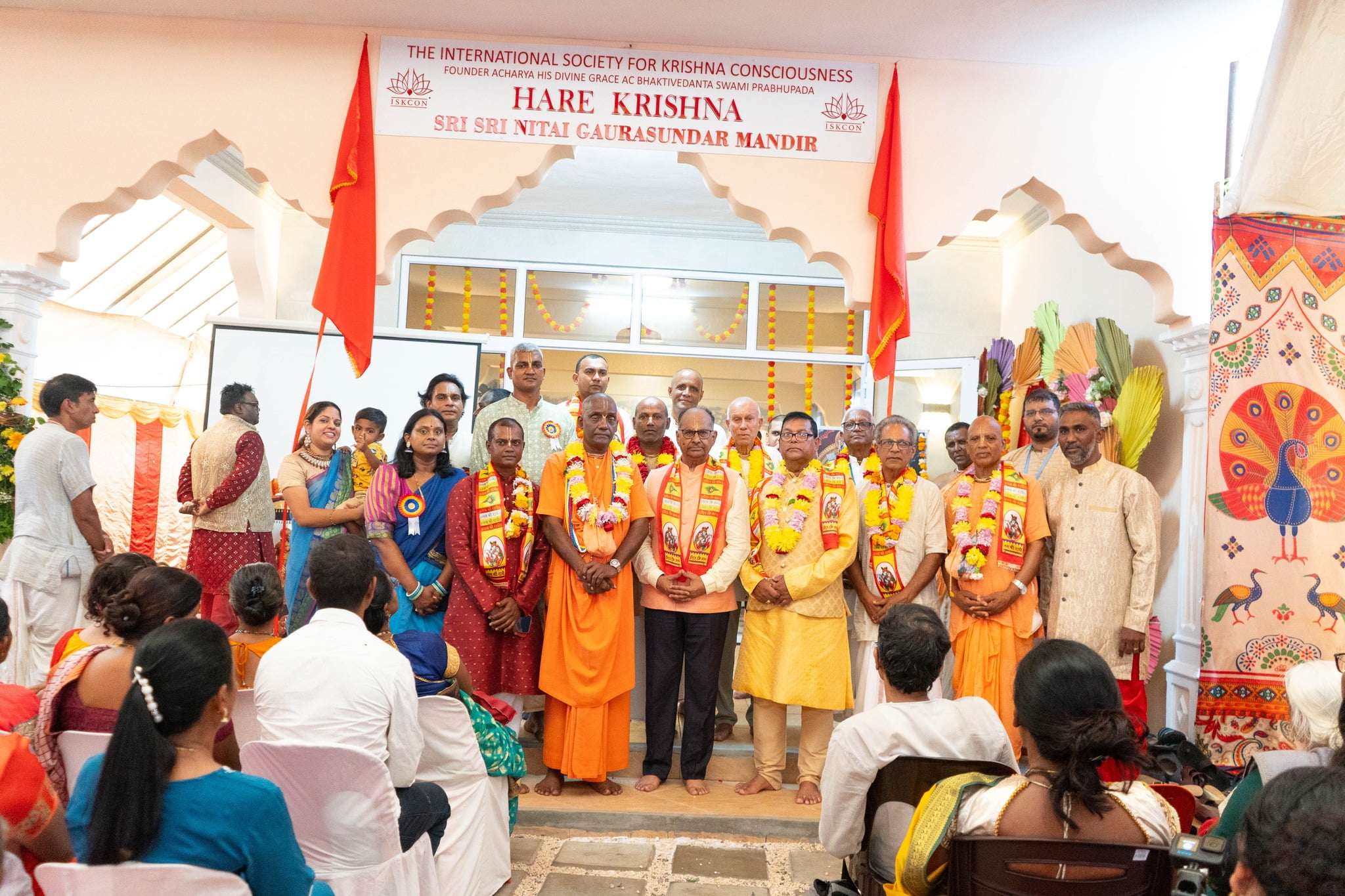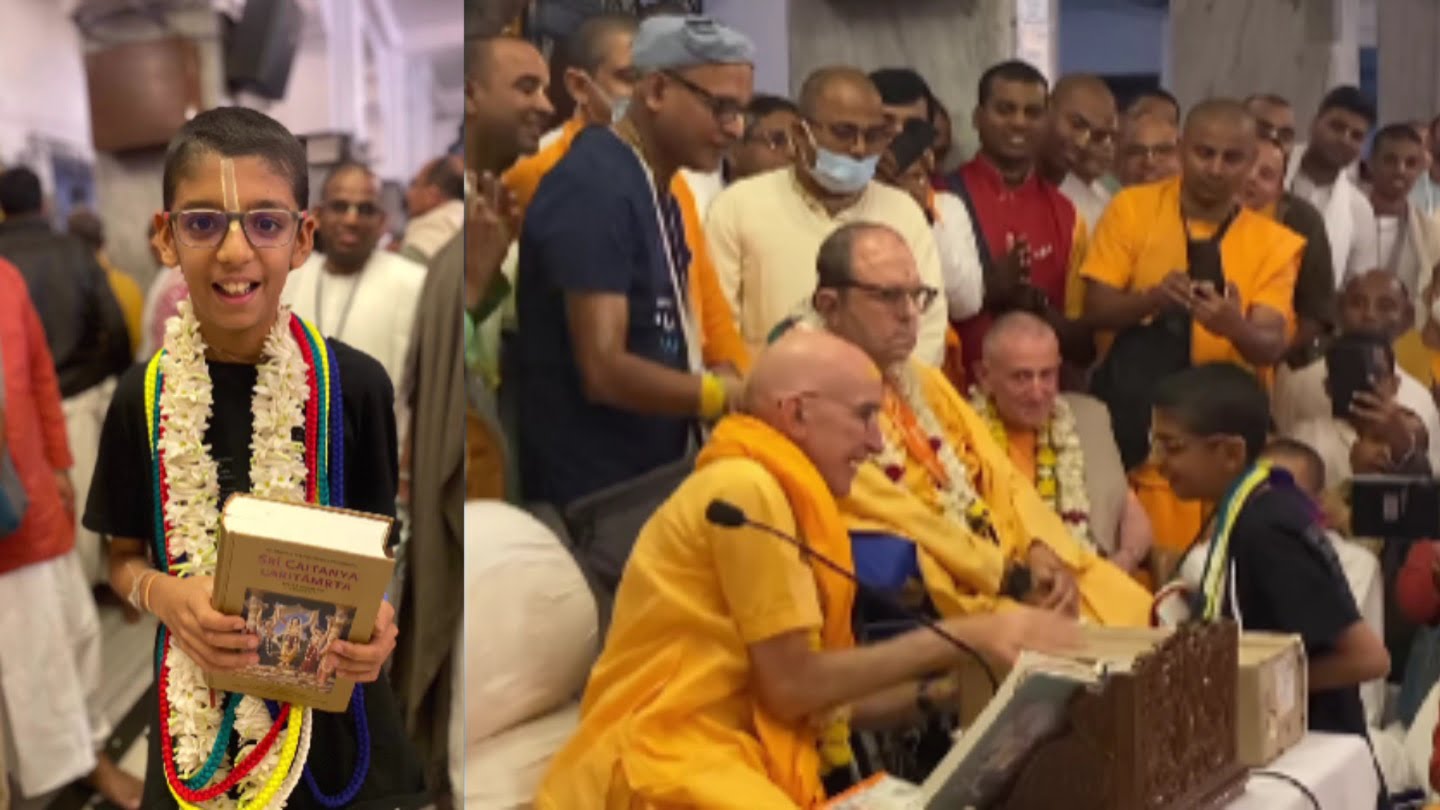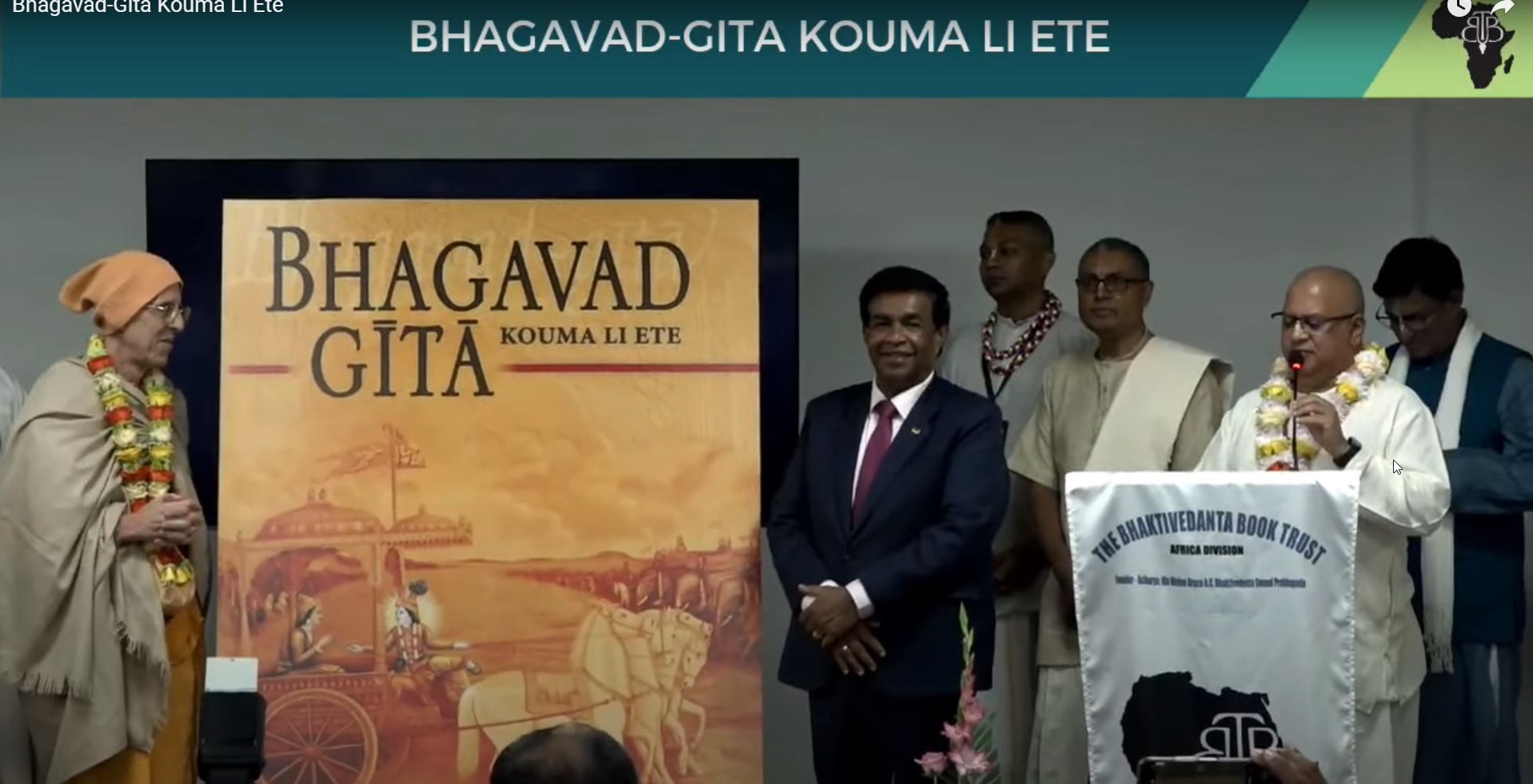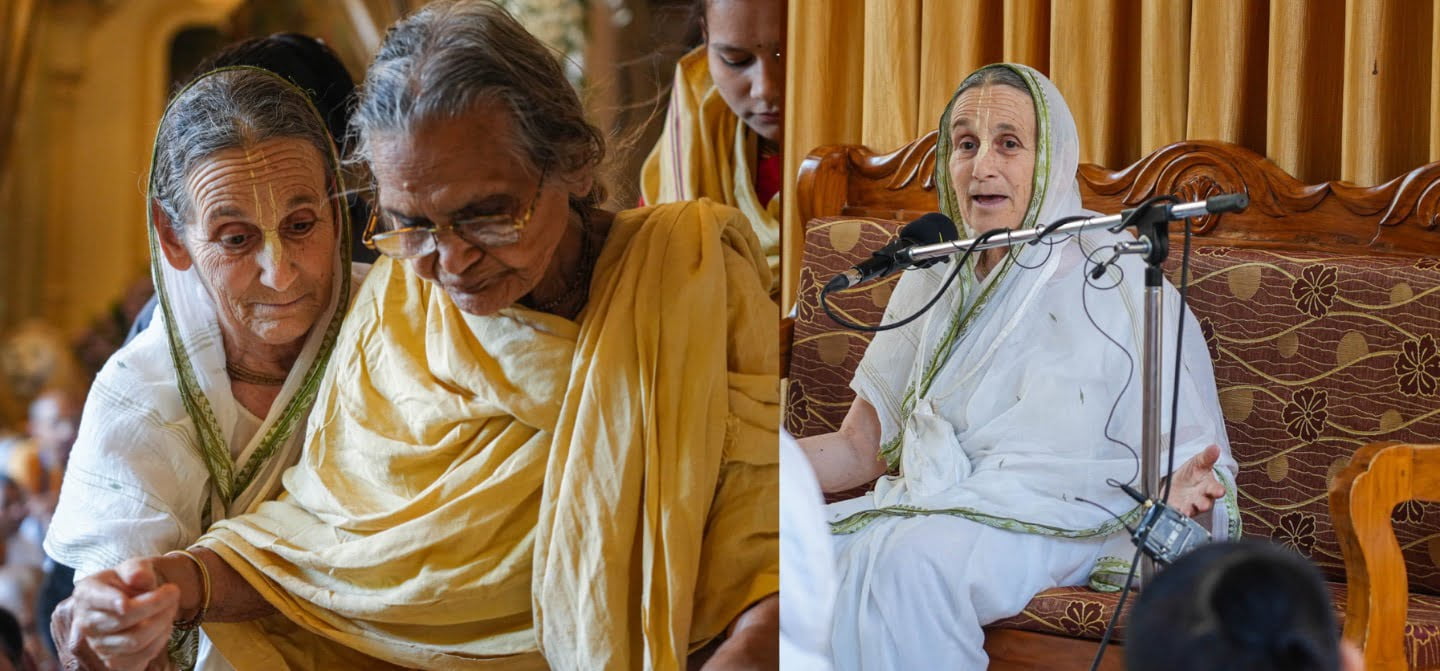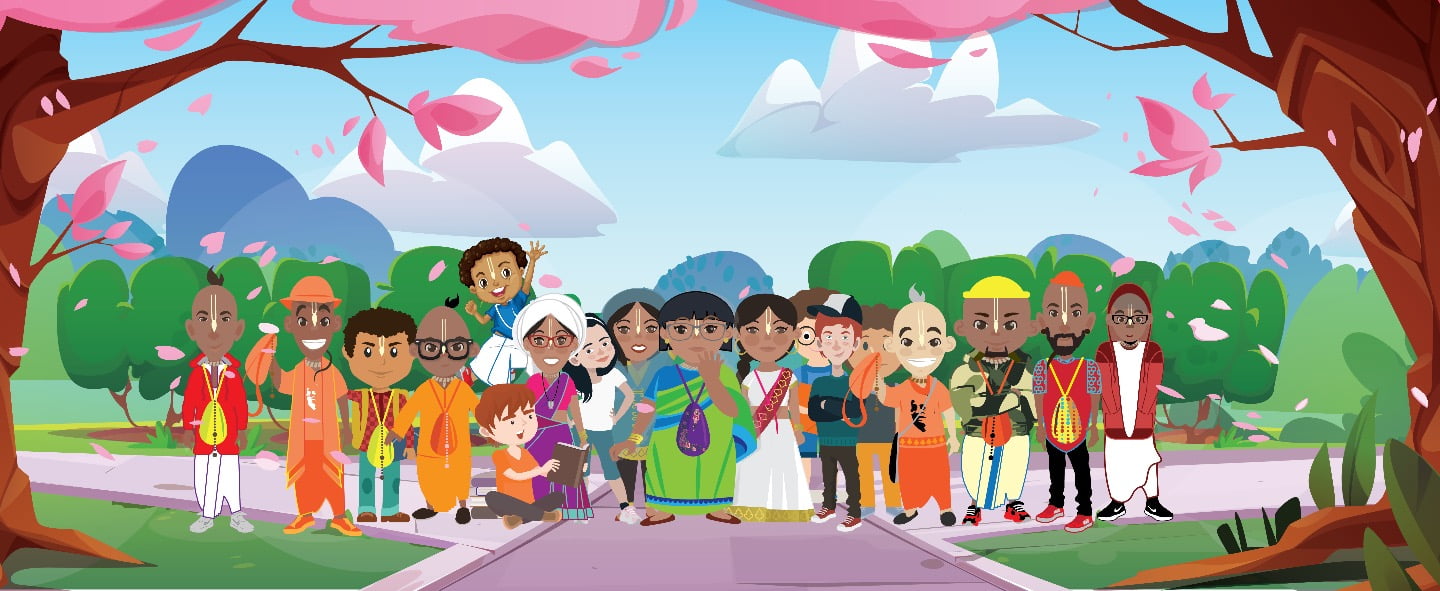We Are Born, We Live, We Die
By Sara Metzger | Jan 06, 2017

WE ARE BORN, WE LIVE, WE DIE.
Three undisputed facts of humanity’s complex existence. But what is to come before and after these things, and why? By millions of individuals across the globe, and throughout the course of history, the solution to the enigma of life has been pursued in the form of holy texts, worship rituals, moral codes, and ancient traditions. Today’s Millennials, however, seem to believe the answers to the great unknown lie within a less regimented system.
According to Pew Research Center, the percentage of young adults who believe religion to be very important as compared to their elders is greatly lower, dropping a total of 31 percent from the Greatest Generation to Millennials. This is not to say, however, that young adults experience spiritual curiosity at lower rates. Pew Research Center also reports that 46 percent of Millennials feel a great sense of wonder about the universe, only surpassed two percent by Baby Boomers. Thus Millennials, although less intrigued by the thought of a strict religion, hold roughly the same importance to questions of spirituality and the nature of existence as their elders. Combining these ideas of a loose religious fabric with an unceasing sense of wonder opens a door to a new future of religious philosophy, one that incorporates both divinity and humility: an idea known as pantheism.
The word itself is of Greek origin, comprised eloquently of pan, meaning all, and theos, meaning God. Although seemingly revolutionary, pantheistic roots are embodied in a number of religions including Buddhism, Taoism, and Hinduism, as the idea that an underlying interconnectedness binds all elements of the universe. Much like Buddhism, which rejects the idea of an all-knowing God, and Taoism, which believes God to be the balance of opposing forces, Pantheism suggests that God and Earth are identical, and rejects the idea that God is similar to a person, consisting of desires, wishes, and emotions. Pantheism thus exists as a balance between ancient religions and modern philosophies. Through its recognition of a divine force yet denial of a sentient supreme-being, Pantheism is able to appease both the desire to preserve old elements of religion, as well as support the new mentality of today’s youth.
Read more: https://matadornetwork.com/life/ancient-philosophy-help-us-live-harmoniously-modern-world/



